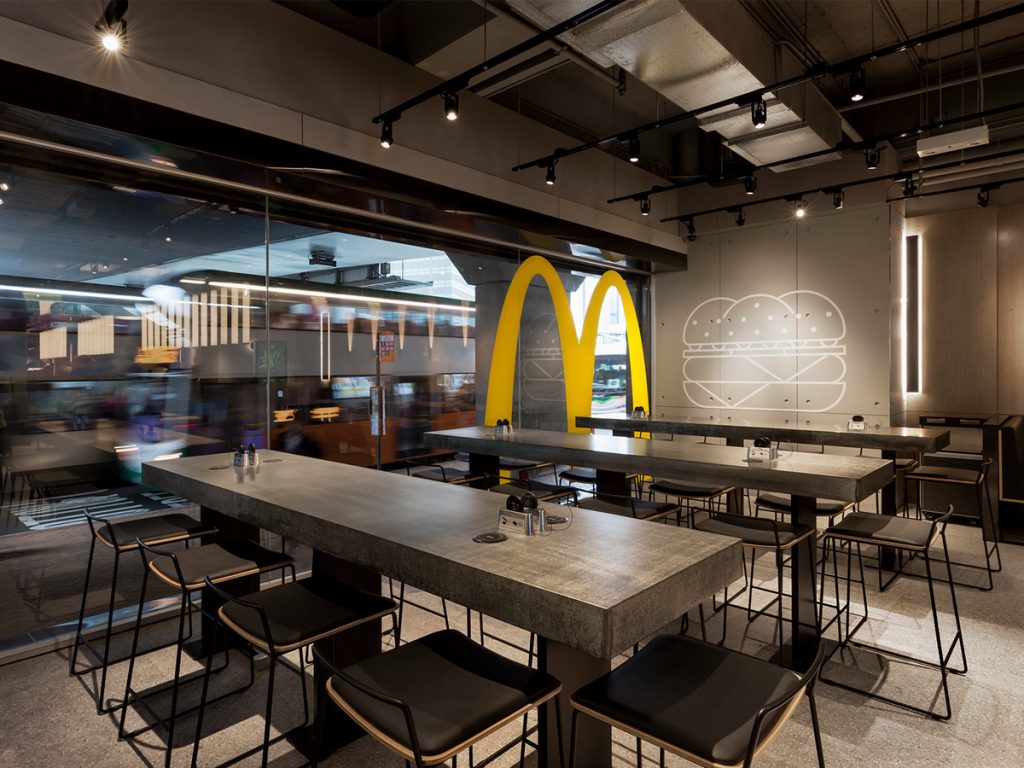When fast food chain McDonalds installed community tables in some of their outlets, they had two goals: bring people together who would otherwise eat alone, and save space.
The experiment did not work out. People reluctantly sat at the new community tables, avoided each other as good as they could, and stared into their smartphones, checking their social media accounts.

That is a reaction many of us could perfectly relate to. We take great care in safeguarding our social sphere, as it gives us a sense of safety and belonging. On a community table in the real world, we avoid contact and scan the looks, behaviours and attitudes of others as if great danger is always lurking, while when we get a follower on or a poke by anybody with a profile picture on social media, we feel valued. Often, these are not even people, but bots, simple computer programs travelling through social media and designed to get our attention.
We behave like that because human evolution and life experience has tought us that you never know what could happen out there in the real world, hence we are safeguarding ourselves from any stranger we meet.
However, when it concerns privacy and security, that behavior is exactly the opposite of what we should do. The interaction one would have over a chat on a community table is very likely much more private than an interaction on a social media channel. What you do on your social media is likely recorded on a hard disk on a server somewhere, while what you say to the occasional stranger on a community table is processed in a human brain and will therefore in most cases soon be forgotten.
This paradox is rooted in the fact that we as humans have not yet internalized the possible dangers in virtual social environments, while we have, with the cumulative experiences of millions of years, internalized the possible dangers of meeting strangers in the real world.
We are overly risk-adverse in the real world and yet overly ignorant of risk in virtual worlds. We place more trust in technological systems than in John Doe who lives right here around the corner.